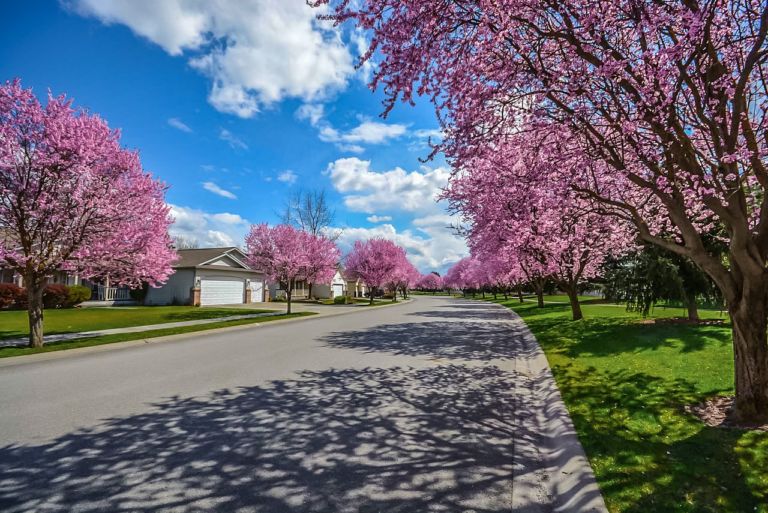The proposed Build NC debt for road construction is not a General Obligation bond, which would require a vote of the people to pledge the full faith and credit of the state. Instead, it would be paid entirely with revenue from the gas tax, highway use tax (the sales tax on cars), and drivers license and DMV fees that go into the Highway Trust Fund. In North Carolina law, borrowing not done with a bond is “special indebtedness.”
What makes it special, in addition to the evasion of voters, is the higher cost of borrowing. Special indebtedness for toll roads scored two grades lower than the state’s AAA bond rating, which translates into a higher interest rate and higher interest payments. A 50-basis-point increase (e.g., from 2.5% to 3.0%) would raise the cost of borrowing by $27 million for every $100 million borrowed.
Legislators have argued for this kind of debt because it is not a bond and would pass through a number of checks before each installment could be issued, just not the voters. The state has authorized a great deal of debt that has not been issued, including most of the Connect NC bonds approved by voters in 2016. If a General Obligation bond is a home equity loan, special indebtedness is like a a credit card. It’s all debt and all gets paid by taxpayers.


